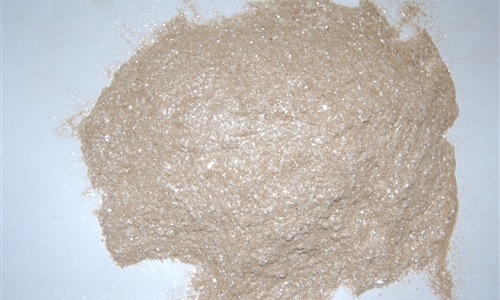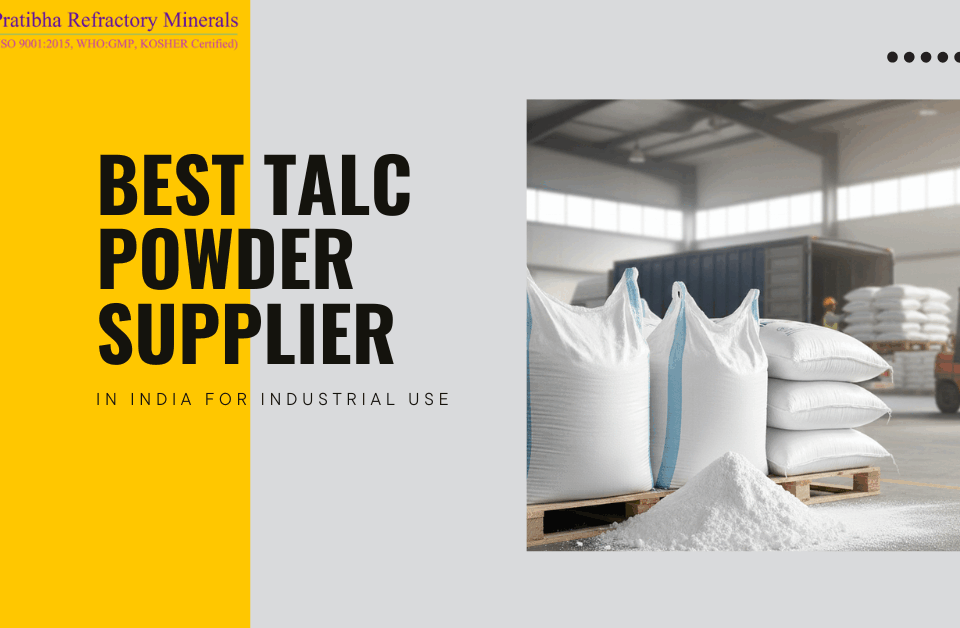- Call for Sales Enquiries

- +91-9413034047
- +91-294-2413244
- info@pratibharefractory.com
How do I prevent mica powder from clumping in my projects?

Is cosmetic-grade talc non-comedogenic?
October 2, 2023
Does talc powder have any applications in the art world?
October 16, 2023How do I prevent mica powder from clumping in my projects?

Mica powder is a versatile and beautiful addition to various projects, from cosmetics to arts and crafts. Its shimmering and reflective properties can add a touch of elegance and uniqueness to your creations. However, one common challenge when working with mica powder is preventing it from clumping. Clumps can ruin the appearance and texture of your project. In this blog post, we'll explore the causes of clumping and share practical tips to ensure smooth and successful mica powder integration into your projects.
Understanding Clumping
Before diving into prevention methods, being a reliable Supplier of Mica Powder we find it essential for you to understand why mica powder clumps in the first place. Clumping can occur due to various factors:
Moisture: It is highly sensitive to moisture. Even slight humidity in the air or the presence of moisture in your base material can cause clumping.
Static Electricity: It particles can become statically charged, causing them to stick together and form clumps.
Poor Mixing: Inadequate mixing of this powder with your base material can lead to uneven distribution and clumps.
Lump Formation in the Powder: If the powder itself has lumps or clumps, they can persist in your project unless properly addressed.
Now that we understand the reasons behind clumping let's explore how to prevent it:
Choose High-Quality Mica Powder: The first step in preventing clumping is to start with high-quality mica powder. Ensure that the powder you purchase is finely ground and free from lumps or impurities. Look for cosmetic-grade mica powder, especially when using it in skincare or makeup products, as these are processed to meet stringent quality standards.
Store Mica Powder Properly: Proper storage is crucial to maintain the quality of your mica powder. Keep it in an airtight container in a cool, dry place away from direct sunlight and moisture. Use desiccant packs or silica gel sachets to absorb any moisture that might find its way into the container.
Pre-Disperse Mica Powder: To prevent mica powder from clumping in your projects, consider pre-dispersing it. Start by mixing the powder with a small amount of a liquid medium that is compatible with your project. For example, in cosmetics, you can mix it with a few drops of cosmetic-grade oil or alcohol. Gradually incorporate this pre-dispersed mixture into your main project base. This method ensures even distribution and minimizes the risk of clumping.
Sieve the Mica Powder: If you notice any lumps or clumps in your mica powder, pass it through a fine sieve or mesh before using it in your project. This simple step can break down any larger particles and ensure a smoother application.
Control Humidity and Moisture: As mentioned earlier, moisture is a significant contributor to mica powder clumping. Make sure your workspace is dry, and consider using a dehumidifier if necessary, especially in humid environments. Avoid working with mica powder on rainy or exceptionally humid days.
Anti-Static Measures: To combat static electricity, consider using anti-static tools or additives. Anti-static brushes or sprays can help reduce the static charge on mica powder particles, making them less likely to clump together.
Thorough Mixing: Proper mixing is key to preventing clumps. Take your time to blend the mica powder evenly with your project's base material. Use the appropriate mixing tools, such as spatulas, stirrers, or blenders, depending on the project's requirements. Ensure that you scrape the sides and bottom of the mixing container to incorporate all the mica powder.
Conclusion
In conclusion, preventing mica powder clumping in your projects is achievable with the right techniques and attention to detail. Starting with high-quality mica powder, proper storage, pre-dispersion, and controlling environmental factors like humidity are essential steps. Additionally, using the appropriate mixing tools and techniques for your specific project can make a significant difference. By following these tips, you can harness the beauty and versatility of mica powder while ensuring a smooth and stunning end result in your creations. Happy crafting with Pratibha Refractory Minerals!


